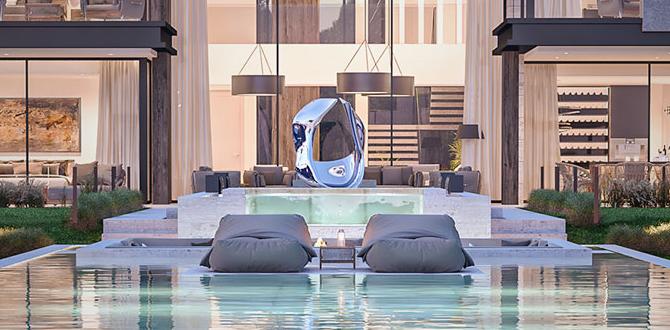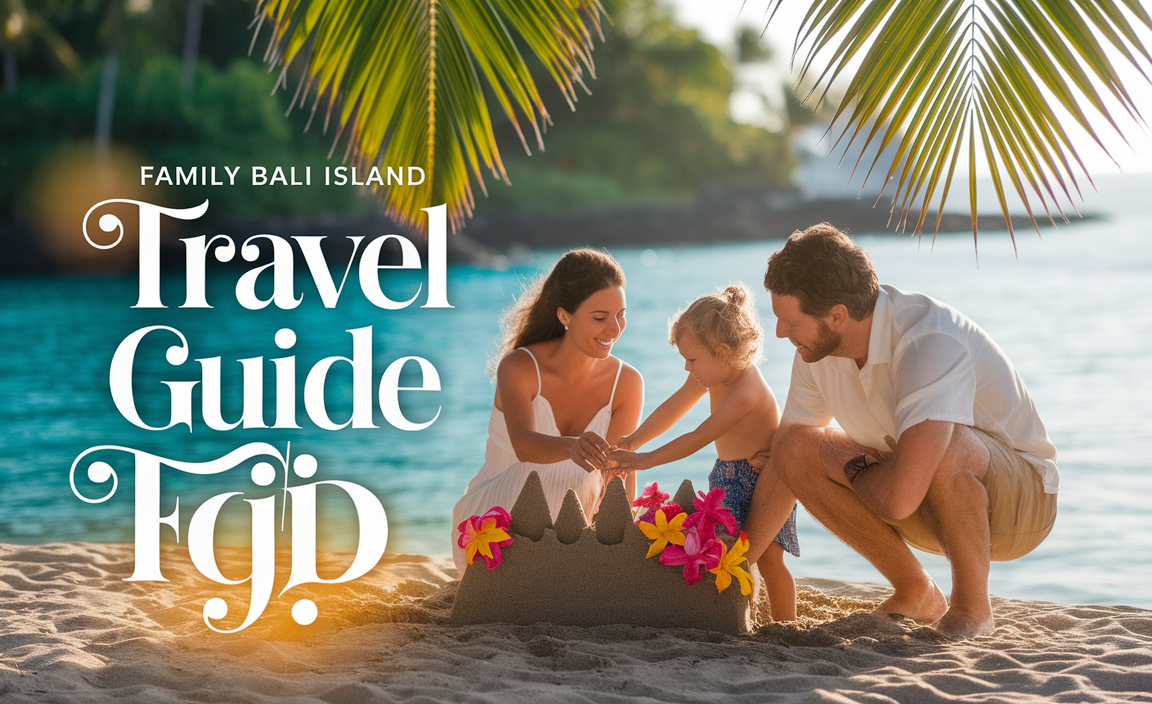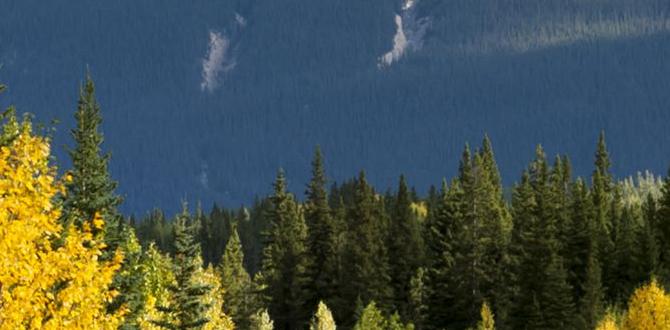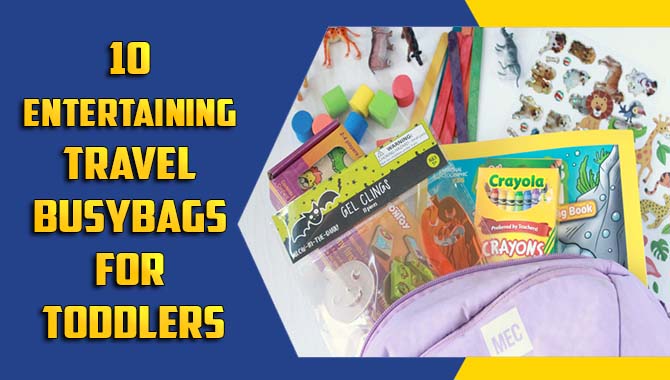Algeria is a vast and beautiful country with much to offer, but like any travel destination, it’s wise to be aware of areas to approach with caution and understand where you can feel more at ease. This guide helps you navigate by highlighting regions that require extra vigilance versus those generally considered safer and more welcoming for tourists. Plan your Algerian adventure with confidence by knowing where to go and what to expect.
Planning a trip to Algeria can be an incredibly rewarding experience. This North African gem boasts ancient Roman ruins, stunning coastlines, and the gateway to the majestic Sahara Desert. However, for any traveler, understanding the local landscape is key to a smooth and enjoyable journey. Sometimes, news or general information can create a sense of apprehension. That’s perfectly normal! This guide is designed to cut through the noise, offering clear, practical advice on which areas in Algeria are generally considered safer for visitors and which might require a bit more awareness or careful planning. We’ll break down what you need to know so you can focus on the incredible culture, history, and natural beauty Algeria has to offer. Let’s get you ready for an unforgettable adventure!
Understanding Safety in Algeria
Algeria’s safety situation is complex and can vary significantly by region and over time. It’s crucial to stay informed through official travel advisories before and during your trip. Generally, major cities and tourist hubs tend to be safer, especially when standard travel precautions are observed. The Algerian government is committed to ensuring the safety of tourists, and security measures are often visible in popular areas.
Areas bordering certain restive regions, particularly in the far south and eastern borders, have historically presented higher risks due to political instability or the presence of armed groups. The Algerian government advises against travel to these specific zones. For the vast majority of tourists who stick to well-trodden paths and popular attractions like Algiers, Oran, Constantine, or the coastal resorts, a safe and fulfilling trip is very achievable.
It’s always a good practice to research current conditions. The UK’s Foreign, Commonwealth & Development Office (FCDO) and the U.S. Department of State provide regularly updated travel advice for Algeria. These resources are invaluable for understanding any specific risks in different parts of the country.
Areas Generally Considered Safer for Tourists
When planning your itinerary, focusing on areas with established tourist infrastructure and a strong government presence can significantly enhance your peace of mind. These regions have a track record of welcoming visitors and offer a wealth of experiences.
Major Cities and Cultural Hubs
Algeria’s main urban centers are generally safe for tourists, provided you exercise the usual common-sense precautions you would in any large city worldwide. These areas have a higher police presence and are accustomed to international visitors.
Algiers (El-Djazaïr)
The capital city, Algiers, is a vibrant metropolis with a rich history. Its medina (old city) is a UNESCO World Heritage site, offering stunning architecture and bustling souks. The Casbah is a must-see, but it’s advisable to explore with a local guide, especially in its more secluded alleys. Tourist areas like the Museum of Antiquities, the Notre Dame d’Afrique basilica, and the coastal Corniche are generally safe and well-patrolled.
- Key Attractions: Casbah of Algiers, Notre Dame d’Afrique, Musee National des Beaux-Arts, Grand Mosque of Algiers.
- Traveler Tips: Stick to well-lit and populated areas, especially at night. Be aware of your surroundings and keep valuables secure. Using reputable taxis or ride-sharing apps is recommended.
Oran (Ouahran)
As Algeria’s second-largest city and a major port on the Mediterranean coast, Oran is known for its lively atmosphere, Spanish influences, and beautiful beaches. The city center, including the Place du 1er Novembre, and the historic Santa Cruz Fort are popular and safe destinations. The seaside promenade is a pleasant place for an evening stroll.
- Key Attractions: Fort de Santa Cruz, Great Synagogue of Oran, Place du 1er Novembre, Medina D’Oran.
- Traveler Tips: Enjoy the coastal breeze and explore the vibrant street life. Be mindful of petty crime, like pickpocketing, in crowded areas.
Constantine
Perched dramatically over a ravine, Constantine is one of Algeria’s oldest cities and an important cultural center. Famous for its stunning bridges, particularly the Sidi M’cid Cable Bridge, the city offers breathtaking views and a unique historical ambiance. The Roman ruins of Tiddis are a day trip away and generally safe to visit.
- Key Attractions: Sidi M’cid Bridge, Queen’s Palace (Dar El-Bey), Roman ruins of Tiddis, Kasbah of Constantine.
- Traveler Tips: Explore the old city on foot, but be cautious on the steep stairways. The views are spectacular and worth the effort.
Annaba
Located on the northeastern coast, Annaba is a port city with a pleasant climate and proximity to historical sites like Hippo Regius, once a significant center in Roman Africa and the see of Saint Augustine. Beaches like Ras El-Aouane are popular vacation spots.
- Key Attractions: Hippo Regius Archaeological Site, Basilique Saint-Augustin, beaches.
- Traveler Tips: Enjoy the coastal resorts and historical significance. The city offers a more relaxed pace than Algiers or Oran.
Coastal Resorts and Natural Parks
Algeria’s coastline offers beautiful beaches and resorts, particularly during the summer months. Inland, several national parks provide opportunities for nature lovers.
Western Coastline (e.g., Mostaganem, Tlemcen region beaches)
The coastal areas west of Oran, including regions near Mostaganem and further towards the Moroccan border around Tlemcen, offer lovely beaches and a more laid-back atmosphere. These are popular with local families during holidays.
Eastern Coastline (e.g., Jijel, Skikda)
Regions like Jijel and Skikda in the northeast are known for their beautiful coastlines, coves, and rugged terrain. The The Djurdjura National Park (partially in this region) offers hiking opportunities with proper guidance. The cedar forests and mountain scenery are remarkable.
Sahara Desert Tours (with reputable operators)
Exploring the Algerian Sahara is a highlight for many travelers. While large swathes of the desert are remote, organized tours with reputable companies are generally safe and well-managed. Popular areas include:
- Timgad and Djemila: These UNESCO World Heritage sites are incredible Roman ruins located north of the Sahara, but are often visited as part of a broader Algerian tour, sometimes including desert excursions. Timgad, in particular, is a remarkably preserved Roman-}-colonial city.
- Ghardaïa and the M’zab Valley: This UNESCO World Heritage site offers unique pentapolis cities with distinct architecture and a rich cultural heritage. It’s a common gateway to the northern Sahara and is generally a safe and accessible area.
- Tassili n’Ajjer National Park: Famous for its prehistoric rock art and stunning desert landscapes, this area requires organized tours with experienced guides and appropriate transport. It is considerably more remote.
Key Considerations for Sahara Tours:
- Only travel with licensed, experienced tour operators.
- Ensure your guides are knowledgeable about the terrain and safety protocols.
- Carry sufficient water, sun protection, and appropriate clothing.
- Stay within designated tour areas.
Areas Requiring Caution or to Avoid
While Algeria is actively working to ensure tourist safety, certain regions have historically presented higher risks. It’s important to understand these areas and heed official travel advice.
Border Regions
Due to the proximity to volatile neighboring countries and historical security concerns, travel to certain border areas is strongly discouraged by most governments.
Moroccan Border
While not all areas near the western border are problematic, some remote border crossings and areas within a certain distance of the border itself may require extra caution. Always check the latest advisories; official border crossings are generally monitored, but remote crossings can be risky.
Tunisian Border (Eastern Region)
Similar to the western border, some areas along the eastern frontier with Tunisia, particularly in more remote, mountainous, or desert regions, have been subject to security concerns in the past. Stick to major routes and established towns unless advised otherwise by official sources.
Malian and Nigerien Borders (Far South)
The far southern borders with Mali and Niger are remote and have been identified as areas where terrorist groups and criminal organizations have operated. Travel to these regions is strongly advised against by most foreign governments. This includes the vast expanse of the Sahara desert south of major oases like Djanet and Tamanrasset, away from organized tourist routes.
Remote Desert Areas (unless on a guided tour)
The Sahara Desert is vast and remote. While it’s a significant draw for tourists, venturing into unmarked or unaccompanied areas, especially closer to the southern borders, can be extremely dangerous.
- Risks: Getting lost, lack of immediate assistance in emergencies, potential for banditry or encounters with extremist groups.
- Recommendation: Always use reputable, licensed tour operators with experienced guides and reliable vehicles if you plan to explore the Sahara Desert.
Areas Experiencing Political Unrest or Civil Disturbance
While large-scale unrest is not a constant feature, spontaneous demonstrations or protests can occur, particularly in urban centers. While these are often peaceful, it’s wise to avoid large gatherings and stay alert to local news and official advice.
Safety Tips for Traveling in Algeria
To ensure a safe and comfortable trip, especially if you (or a family member, like a child or yourself) might need to manage personal care needs, packing the right essentials and being prepared is key. For instance, bringing extra adult diapers or child diapers can significantly reduce stress on long travel days or in remote locations where specific products might be unavailable.
Here are some general safety tips:
- Stay Informed: Continuously check your government’s travel advisories for Algeria.
- Register Your Trip: Inform your embassy or consulate about your travel plans. Many countries offer online registration services.
- Respect Local Customs: Dress modestly, especially when visiting religious sites or rural areas. Learning a few basic Arabic or French phrases is also appreciated.
- Be Mindful of Photography: Always ask permission before taking photos of people, especially women. Avoid photographing government buildings, military installations, or police.
- Transportation: Use official taxis or reputable ride-sharing services. Renting a car can be an option, but be prepared for Algerian driving styles. For longer distances, trains are a reliable option.
- Food and Water Safety: Stick to bottled water. Be adventurous with local cuisine but choose busy, clean-looking restaurants.
- Valuables: Keep your valuables, especially passports and cash, secure. Avoid displaying expensive jewelry or electronics. Consider using a money belt.
- Emergency Contacts: Have local emergency numbers readily available.
- Health Preparations: Carry a basic first-aid kit. If you require specific medical supplies like adult or child diapers, pack an ample supply from home to ensure comfort and availability throughout your journey.
Algeria: A Region-by-Region Safety Overview
To provide a clearer picture, here’s a generalized overview of safety considerations for different types of areas within Algeria. This table is a guide and should be supplemented by up-to-date official advisories.
| Region/Area Type | General Safety Level | Key Considerations & Tips | Examples |
|---|---|---|---|
| Major Cities (Algiers, Oran, Constantine) | Generally Safe | Exercise standard urban precautions. Be aware of petty crime. Use reputable transport. Stick to well-lit, busy areas at night. | Casbah of Algiers, Place du 1er Novembre (Oran), city centers. |
| Coastal Resorts and Beaches | Generally Safe | Popular with locals and tourists. Enjoy the scenery. Keep an eye on belongings near water. | Annaba beaches, Jijel coast, Oran Corniche. |
| Established Tourist Sites (Roman Ruins) | Generally Safe | Well-maintained and often have staff present. Be aware of surroundings. | Timgad, Djemila, Tiddis. |
| Sahara Desert (Organized Tours) | Safe with Reputable Operators | Crucial to use licensed guides and established tour companies. Follow guide’s instructions strictly. Ensure proper equipment and supplies. | Ghardaïa, Tassili n’Ajjer (on guided treks), Erg Chebbi (accessible from tours). |
| Remote Mountainous Areas (e.g., Djurdjura) | Caution Advised | Can be beautiful but remote. Hiking should be done with experienced local guides. | Higher parts of Djurdjura National Park. |
| Border Regions (Mali, Niger, parts of Morocco/Tunisia) | Avoid or Extreme Caution | Significant security risks. Consult official government advisories before even considering travel. Generally not recommended for tourism. | Southern desert borders, remote eastern and western frontier zones. |
| Undesignated Remote Desert Areas without Guides | High Risk / Avoid | Extremely dangerous due to remoteness, navigation difficulties, and potential security threats. | Any area of the Sahara not part of an official, guided tour. |
Practical Tips for Comfort and Preparedness
When traveling, especially to countries with varying climates and infrastructure like Algeria, comfort and preparedness can make all the difference. This rings true for all travelers, whether you are an experienced solo adventurer or a family managing the needs of children.
For families traveling with young children, or adults who may need them, carrying a supply of child diapers or adult diapers respectively can alleviate a significant source of stress. Knowing you have a reliable supply for long flights, bus journeys, or days out exploring means you can focus on experiencing Algeria rather than worrying about potential mishaps. Pack discrete, comfortable, and absorbent options that are easy to manage on the go. Pouches or small bags can help keep them organized in your luggage or day bag.
For any traveler, a well-packed bag is essential. Consider:
- Lightweight, breathable clothing: Essential for Algeria’s often hot climate.
- Sun protection: High SPF sunscreen, a wide-brimmed hat, and sunglasses.
- Comfortable walking shoes: You’ll be doing a lot of exploring!
- Basic first-aid kit: Including any personal medications.
- Power adapter and power bank: For keeping your devices charged.
Being prepared also means having access to necessary personal items. If you rely on specific products for personal care, such as adult diapers for managing incontinence during travel, it’s crucial to pack enough for your entire trip. Availability of specialized products can be limited in Algeria, so bringing them from home ensures comfort, dignity, and stress-free travel. Brands offering discreet and high-absorbency options can be a lifesaver, especially on extended journeys or when toilet facilities are not readily accessible.
Frequently Asked Questions (FAQ)
Here are answers to some common questions beginner travelers might have about safety in Algeria.
Is Algeria safe for solo female travelers?
Many solo female travelers visit Algeria without incident. However, it’s advisable to exercise a higher degree of caution. Dressing modestly, being aware of your surroundings, avoiding walking alone at night in unfamiliar areas, and using reputable transport are recommended. Traveling with a group or hiring a local guide can significantly enhance safety and comfort.
What are the main safety concerns for tourists in Algeria?
The primary concerns are generally petty crime (pickpocketing in crowded areas), sporadic demonstrations that can cause traffic disruptions, and the risks associated with travel to remote border regions or unsupervised desert areas. Violent crime against tourists is rare, especially in tourist hubs.
Should I be worried about terrorism in Algeria?
While Algeria has faced security challenges, tourist areas and major cities are generally well-protected. However, the risk, particularly in remote border regions, remains. It’s important to stay informed about current security assessments from your government’s travel advisories and to avoid areas that are highlighted as having a higher risk.
Is it safe to drive in Algeria?
Driving can be challenging due to traffic conditions, road quality





